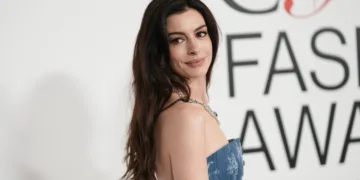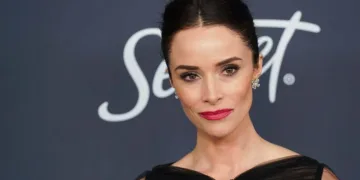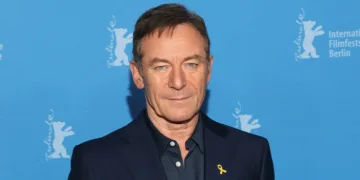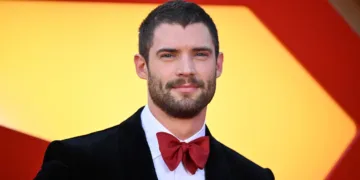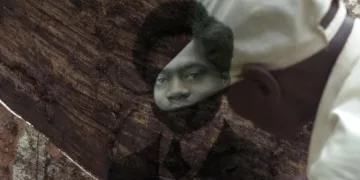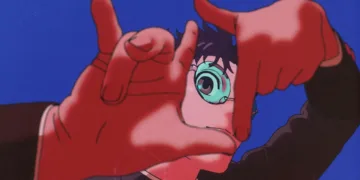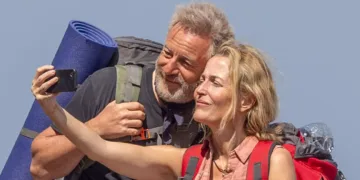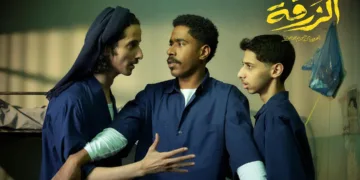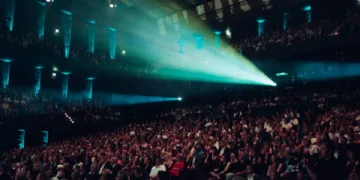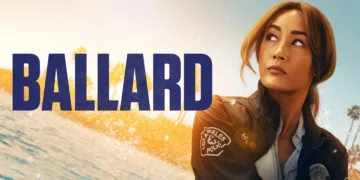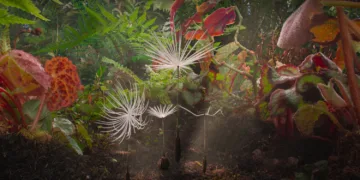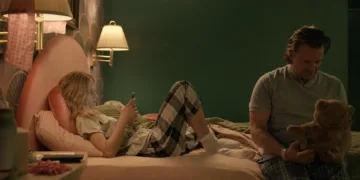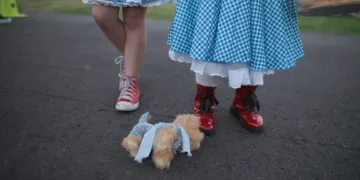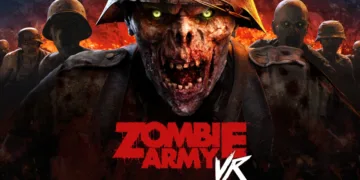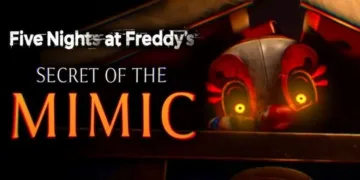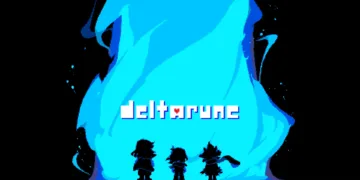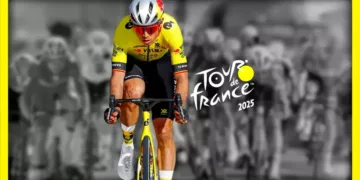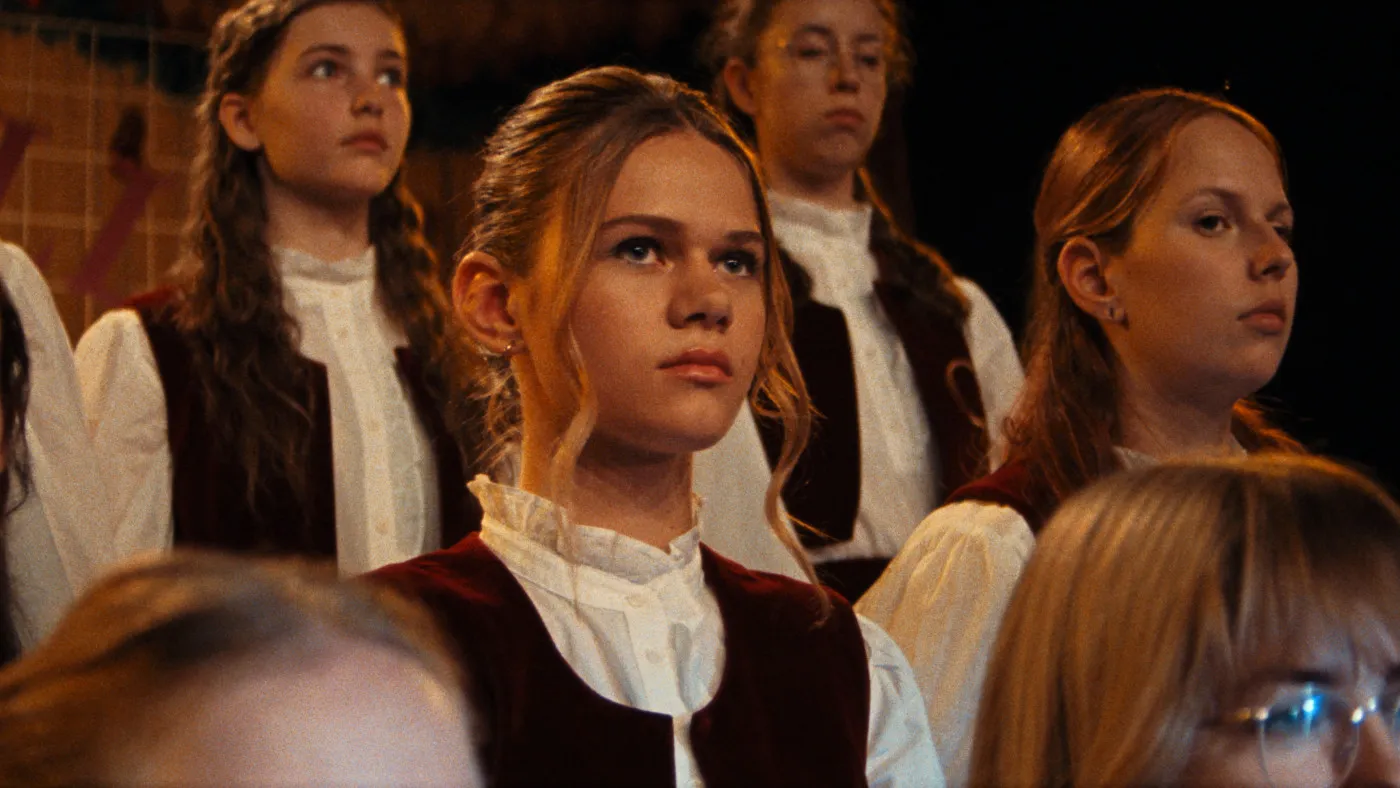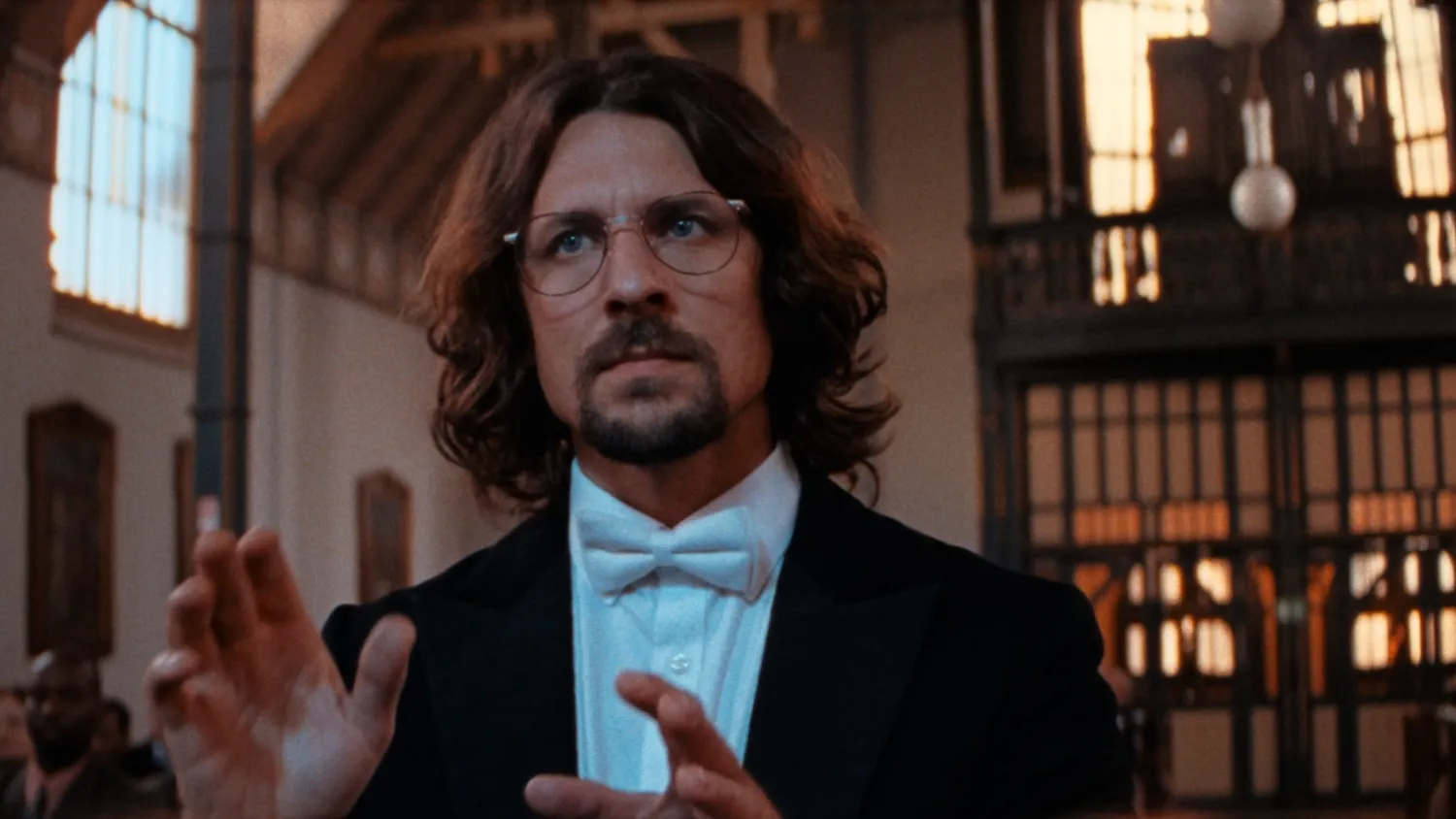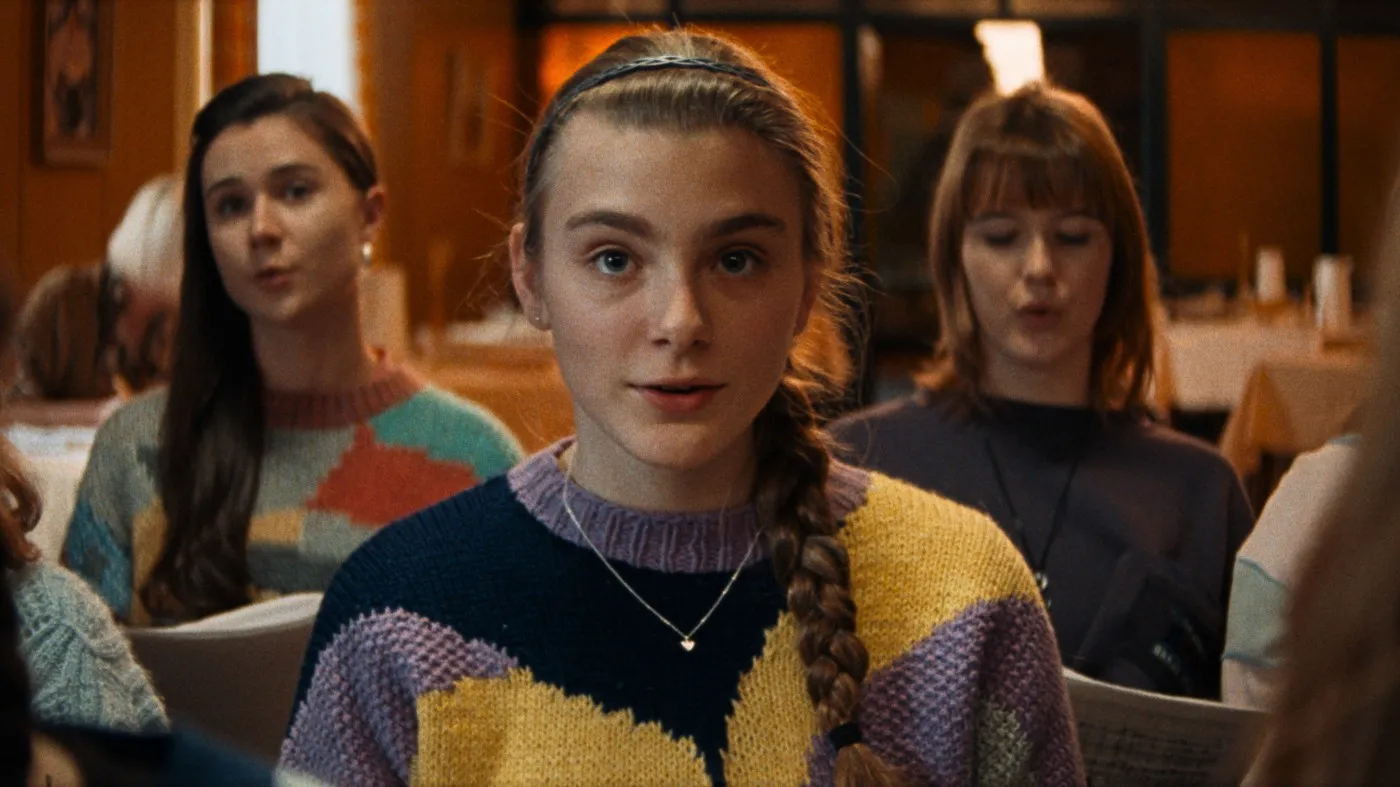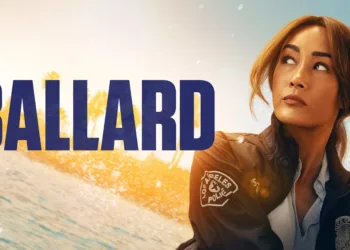In the shadow of a crumbling Iron Curtain, Broken Voices arrives as a meditation on the fractures of freedom. Writer-director Ondřej Provazník locates his lens in the early 1990s Czech Republic, a land shedding rigid structures while young hearts remain bound by unseen forces.
Kateřina Falbrová embodies 13-year-old Karolína, whose whispered aspirations to join the elite Bambini di Praga girls’ choir collide with an authority figure whose charm masks a predatory hunger. Inspired by real events, the film sidesteps sensationalism, choosing a measured cadence that lets innocence and dread entwine.
Here, coming-of-age drama acquires an underlayer of peril, each note of song carrying a faint tremor of dread. In what follows, this critique will trace the architecture of the narrative, interrogate the performances that anchor its emotional core, survey the film’s craft of light and sound, and ponder the ideas that echo long after the final frame.
Rhythms of Tension
The first act unfolds like a sacred rite: Karolína slips into a rehearsal, awed by her sister Lucie’s effortless grace. The choir’s polished arches and fur-trimmed coats feel at once wondrous and claustrophobic. Selection day arrives with the hush of a confessional; Karolína steps forward, trembling between triumph and disquiet.
Act Two relocates to a snow-blanketed retreat, where rivalries crystallize beneath frost-tipped pines. The girls bond over harmonies yet sharpen their tongues in whispered exclusions. The choirmaster Mácha Vitek presides like an idol, his pat explanations on perfect pitch laced with subtle menace. Moments of collective song surge like waves of shared hope, only to recede into currents of suspicion.
When the tour reaches New York, a single fixed shot through a neighboring apartment window becomes a tableau of silent violence: Karolína’s world contracts into the gaze of a predator on the other side of the glass. That sequence pivots on perspective, shifting audience loyalty and casting every earlier note in a new hue.
The film’s pacing—patient in its build, urgent in its climax—asks us to dwell in uncertainty, to sense dread gathering at the seams of each scene. Recurring images—a hidden path through woods, the theft of a towel in a girls’ shower—thread the acts together, reminding us that safety is a fleeting illusion.
Faces Behind the Music
Falbrová’s Karolína begins with bright-eyed wonder, her posture open as a blank page. Gradually, her voice softens, shoulders slump, and silences grow heavier than any aria. In her final solo, she stands alone in dim light, each note a confession and an indictment. Lucie, played by Maya Kintera, radiates earlier confidence that curdles into guilt-laced resentment; her betrayals cut sharper than Mácha’s commands.
Juraj Loj’s Mácha Vitek exudes magnetism—long hair softly backlit, mannerisms rehearsed like a rock star’s swagger—yet his gaze registers calculation behind its genial veneer. In his presence, the air stutters with power unmoored from accountability.
Around them, the supporting girls form a chorus of complicity: their laughter over stolen glances, the silent counselor who notices odd details yet remains inert, Karolína’s parents who barter ambition for safety. Collectivity becomes a prison when no one dares hear the cracks forming in its walls. Provazník’s direction teases out these subtleties, each ensemble rehearsal a study in how voices can both unite and isolate.
Textures of Silence and Sound
Provazník coats the film in the grain of 16 mm, dyeing frames with burgundy, amber and ochre as if they were aged sepia prints. The remote ski camp feels both ascetic and perverse—a sanctuary turned crucible—while the Manhattan hotel room glows with false warmth through a lonely window.
Sound design turns singing into agency one moment and a chorus of entrapment the next. Choir performances swell with collective exultation, then retreat into echoing corridors of introspection. Sporadic rock covers intrude like memory fragments, unmoored from time, reminding us of the wider world just beyond closed doors.
At its philosophical core, Broken Voices probes how institutions built on beauty can conceal sites of betrayal. It poses unsettling questions: What price do we pay for belonging? How easily do we surrender our innocence to authority cloaked in benevolence?
The film suggests survival resides in moments of solitary resistance—a single line held against the avalanche of obedience. Audiences drawn to films that linger in silence and study fracture will find themselves haunted by its unspoken refrains.
Broken Voices is set to premier theatrically in the Czech Republic on July 17, 2025, with international distribution being handled by Salaud Morisset.
Full Credits
Director: Ondřej Provazník
Writer: Ondřej Provazník
Producers and Executive Producers: Jiří Konečný, Ivan Ostrochovský
Cast: Kateřina Falbrová, Juraj Loj, Maya Kintera, Zuzana Šulajová, Marek Cisovský, Ivana Wojtylová, Anna Linhartová, Anežka Novotná, Markéta Kühnová, Lucie Žáčková
Director of Photography (Cinematographer): Lukáš Milota
Editor: Anna Johnson Ryndová
Composers: Jonathan Pastircak, Aid Kid
The Review
Broken Voices
Broken Voices casts a quiet spell of dread, its sparse drama revealing how beauty can cloak betrayal. Falbrová’s measured performance and Provazník’s grainy visuals linger like a half-heard whisper. The film’s slow-burning tension and thematic depth make it a resonant, if occasionally uneven, experience.
PROS
- Evocative 16 mm cinematography
- Falbrová’s nuanced central performance
- Sound design that deepens unease
- Thought-provoking exploration of power
CONS
- Moments where pacing feels hesitant
- Emotional peaks unevenly distributed
- Supporting characters sometimes underwritten













